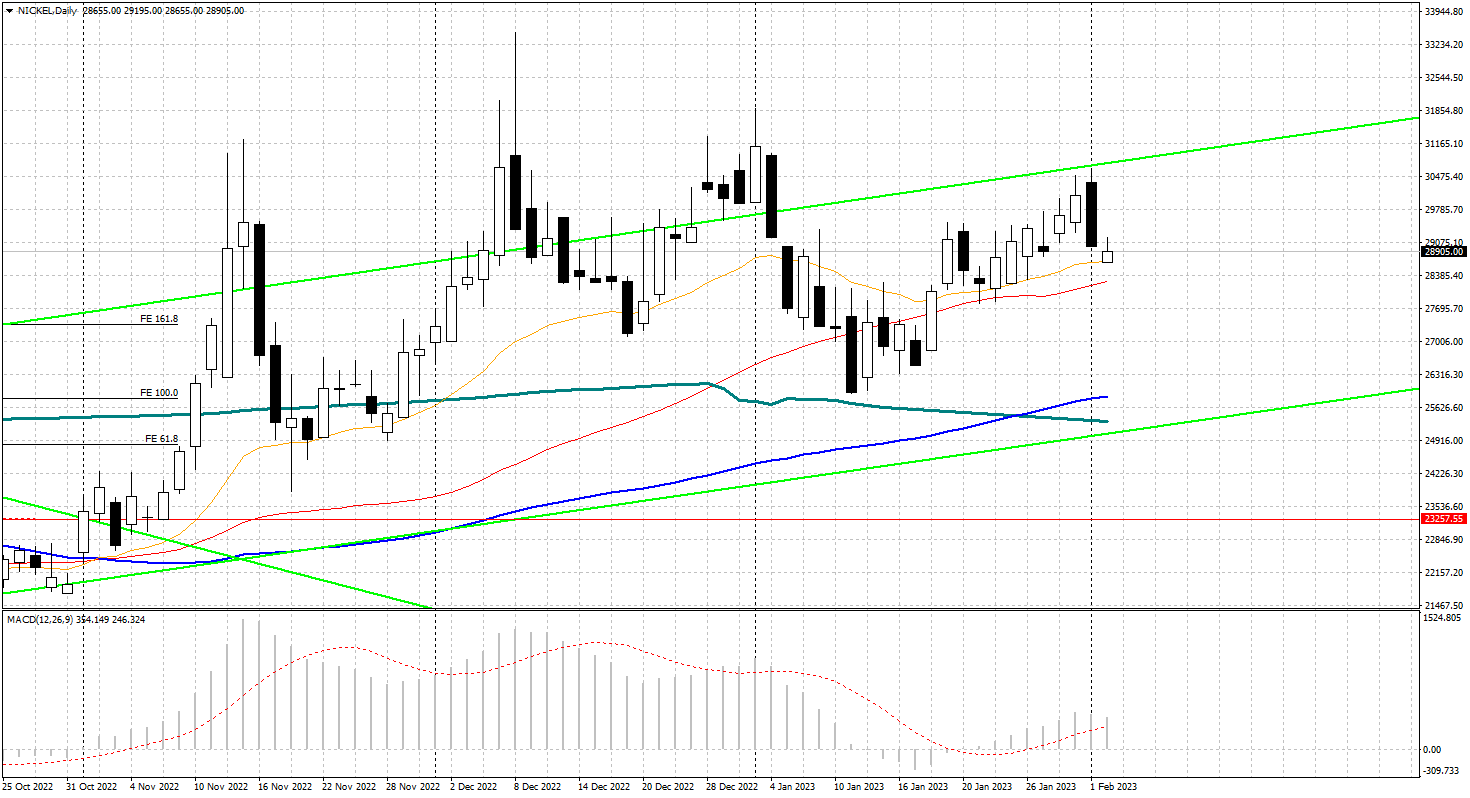 The Philippines, the world’s second-largest nickel supplier, could tax nickel exports, following neighbouring Indonesia, thus increasing uncertainty over supply as the market adjusts to the wave of new demand for electric vehicles.
The Philippines, the world’s second-largest nickel supplier, could tax nickel exports, following neighbouring Indonesia, thus increasing uncertainty over supply as the market adjusts to the wave of new demand for electric vehicles.
The Southeast Asian nation is considering imposing export taxes among measures to encourage investment in processing plants, Environment and Natural Resources Secretary Antonia Yulo Loyzaga said Monday.
The interim plan echoes a strategy pursued by Jakarta over the past decade that shook up the global nickel market, reconfiguring trade flows and spurring a wave of new refineries in Indonesia. It was also a prime example of how a resource-rich country is pushing for more value from its minerals.
“We want to get out of being just a part of the supply chain. We want to be part of the value chain,’ Loyzaga said. Without mineral processing, ‘we will only be a supplier country. And we don’t want to be a supplier country’.
Increased export costs from a key supplier could tighten supply and push up nickel prices, but they also warned that implementation is uncertain and that the Philippines will not have as much influence as Indonesia. The Philippines accounts for about 11% of the global supply of mined nickel, compared to 48% for Indonesia.
Philippines could tax nickel exports would create sales barriers for Filipino miners and nickel prices would rise. However, this is a medium- to long-term plan and the market will monitor the actual development of the policy.
Indonesia and the Philippines are the world’s largest suppliers of nickel – used in the production of stainless steel and lithium-ion batteries for electric vehicles – to China’s first market. Indonesia’s ban on metal ore exports in 2020 increased the value of nickel exports from $3 billion to $30 billion in two years, thanks to the construction of refineries and smelters by Chinese companies.
An obstacle for Manila in building a downstream industry is that the ore quality in the Philippines is generally lower than in Indonesia. This makes refining more expensive and technologically more difficult.
This could be a problem or obstacle for investors who decide to invest in processing plants, as they need to see an assured return. Any tax will inflate costs for Chinese steel mills,’ which are the main users of nickel ore in the Philippines.
The government of President Ferdinand Marcos Jr. is trying to boost mining to further grow the economy, which last year recorded its strongest expansion in almost five decades. Less than 3% of the 9 million hectares identified by the government as rich in mineral reserves is actually mined.
Inspired by Indonesia’s success, the government is considering whether to tax nickel exports on raw nickel or ban ore shipments altogether.
The Philippines has 55 metal mines and seven ore processing plants, including two for nickel operated by Nickel Asia Corp. which is partly owned by Japan’s Sumitomo Metal Mining Co. Loyzaga said his goal is to add three more ore processing plants during his tenure.
The country’s nickel production fell 17 per cent year-on-year to 22.5 million dry tonnes in the January-September 2022 period, according to the latest available government data.
The mine, one of the largest untapped mineral resources in Southeast Asia and estimated to produce 375,000 tonnes of copper and 360,000 ounces of gold concentrate per year over 17 years, has been stalled by the ban on open-pit mining, which prompted Glencore Plc to abandon the project in 2015.
.gif) Loading
Loading


